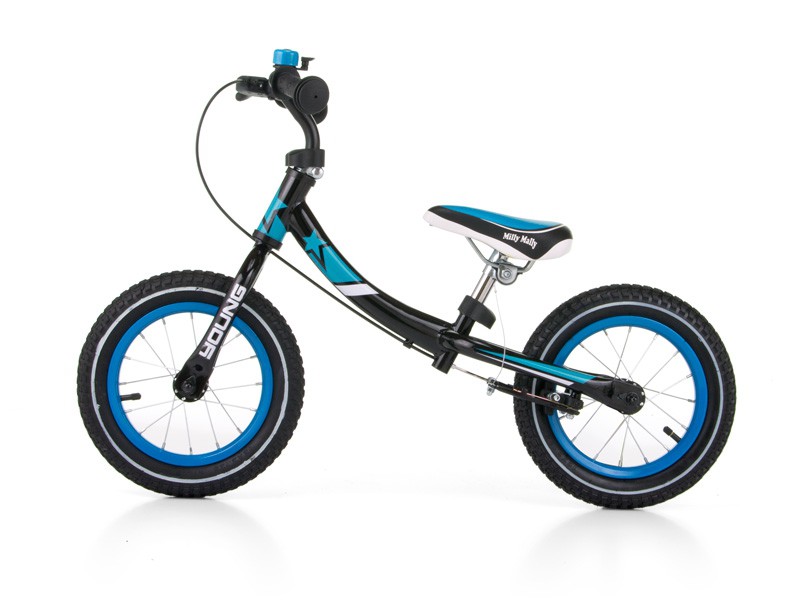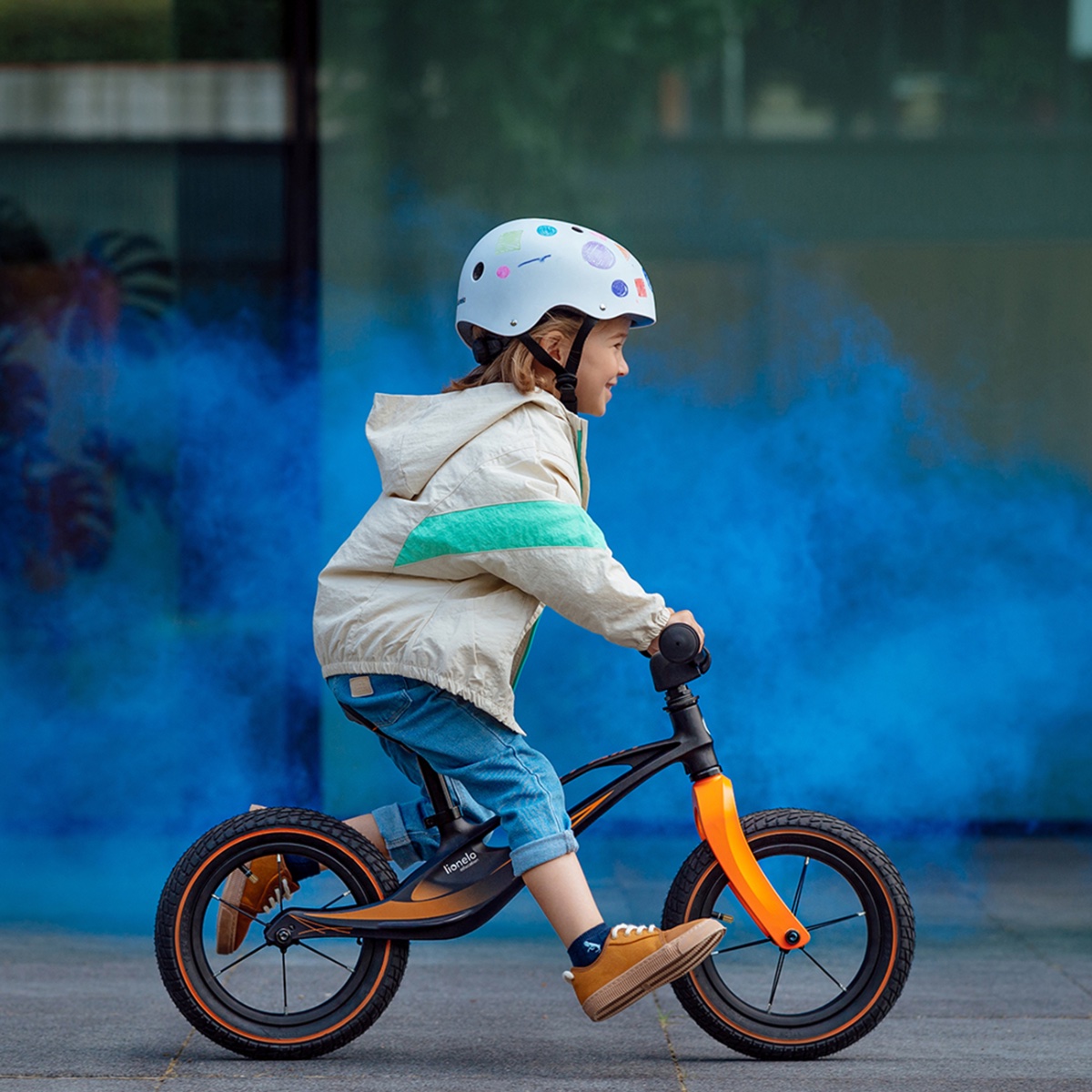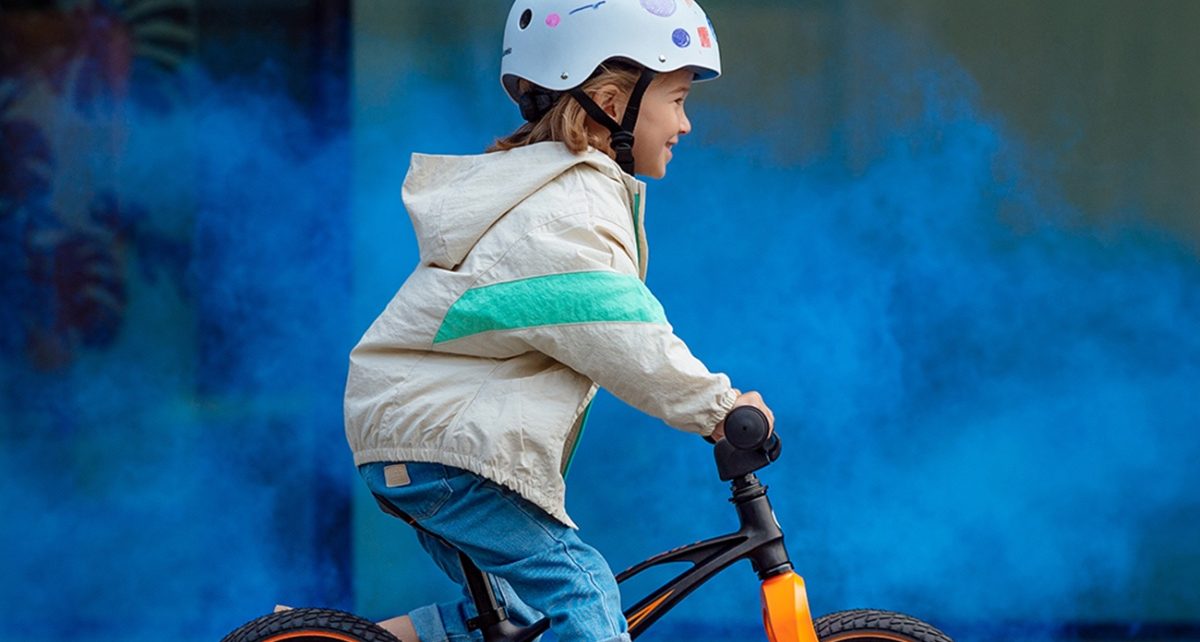Balance bikes, often called Jooksuratass, have revolutionized how children learn to ride bicycles. These pedal-less bikes provide an intuitive and safe platform for kids to develop their balance and coordination skills before transitioning to traditional pedal bikes. While balance bikes benefit all children, they hold particular significance for special needs children, offering a unique opportunity for exploration, independence, and fun. In this article, we’ll explore the importance of balance bikes for special needs children and guide finding the right fit for your child’s specific needs.
Understanding the Benefits
- Building Confidence and Independence
For children with special needs, mastering tasks that may come easily to others can be a significant challenge. Balance bikes offer a supportive environment for these children to gain confidence in their abilities and develop a sense of independence. Balancing bikes promote a positive sense of self-esteem and accomplishment by allowing them to explore their surroundings at their own pace.

- Enhancing Motor Skills
Many special needs children face difficulties with motor skills development. Balance bikes provide an engaging way to improve coordination, balance, and spatial awareness. The repetitive motion of pushing off with their feet and gliding helps strengthen core muscles and refine motor skills, laying a foundation for future physical activities.
- Fostering Social Interaction
In addition to physical benefits, balance bikes facilitate social interaction and inclusion. Riding alongside peers encourages communication, cooperation, and friendship building. Special needs children can participate in group activities and playdates, fostering a sense of belonging and community.
Finding the Right Fit
- Consider Individual Needs
When selecting a balance bike for a special needs child, it’s essential to consider their unique abilities and requirements. Factors such as height, weight, and physical limitations should be taken into account to ensure a comfortable and safe riding experience. Some children may benefit from specialized features such as extra support, adjustable handlebars, or larger wheels for stability.
- Seek Professional Advice
Consulting with healthcare professionals or therapists can provide valuable insights into the most suitable options for your child. Occupational therapists, physical therapists, and adaptive sports specialists can guide selecting a balance bike that aligns with your child’s specific needs and goals.

- Test Before Purchasing
Before making a purchase, allow your child to test different models of balance bikes whenever possible. Pay attention to their comfort level, ease of use, and overall enjoyment. By involving your child in the selection process, you empower them to take ownership of their learning journey and foster a sense of excitement about riding.

